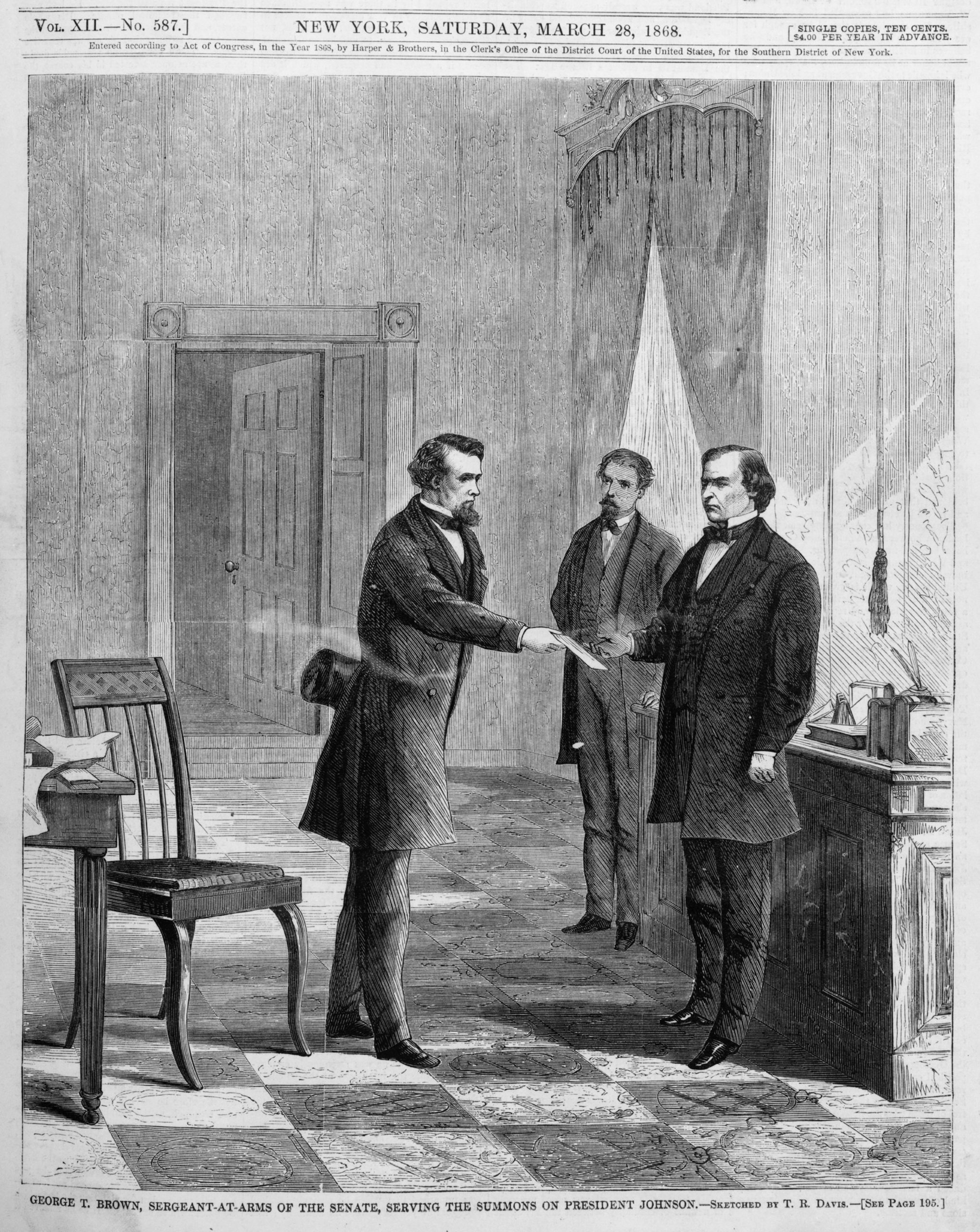Serving the Request For Order (FL-300) when seeking to modify an existing court order: If you are using the FL-300 to obtain temporary orders, and your spouse has made an “appearance” in the action, you can serve the FL-300 by mail and then fill out the “Proof of Service By Mail” form (FL-335). However, if you are using the FL-300 after a divorce judgment has been entered and you want to modify an existing court order, then the FL-300 may have to be “personally served” on your ex-spouse. Sometimes, the FL-300 can be served by mail. It depends on the type of order you are trying to modify.
If you are trying to modify a child custody order, a child visitation order, or a child support order, then you can serve your FL-300 by mail. However, when you fill out your “Proof of Service By Mail form (FL-335), you will need to attach to the FL-335 another court form that verifies your ex-spouse’s address. That additional court form is called, “Declaration Regarding Address Verification – Post Judgment Request To Modify A Child Custody, Visitation, Or Child Support Order” (FL-334). Use the “Court Forms” button on the navigation bar to go our Court Forms Database where you will find the FL-335 form. Our Court Forms Database also includes the FL-334.
If your FL-300 seeks to modify a court order that is not a child custody, visitation or child support order, then the FL-300 must be personally served on your ex-spouse. If your ex-spouse had a lawyer representing him or her during the divorce, you can’t serve the lawyer. Post-judgment FL-300 motions must be served on your ex-spouse, not his or her lawyer.
If you need to personally serve your FL-300 because your motion seeks to modify an order that is not a child custody, visitation or child support order, then you can hire a process server or you can have a friend that is over 18 years of age personally hand your ex-spouse a filed-endorsed copy of your FL-300, together with a blank “Responsive Declaration To Request For Order” (FL-320), and then fill out the “Proof Of Personal Service” form (FL-330). All of these forms can be found in our Court Forms Database.


